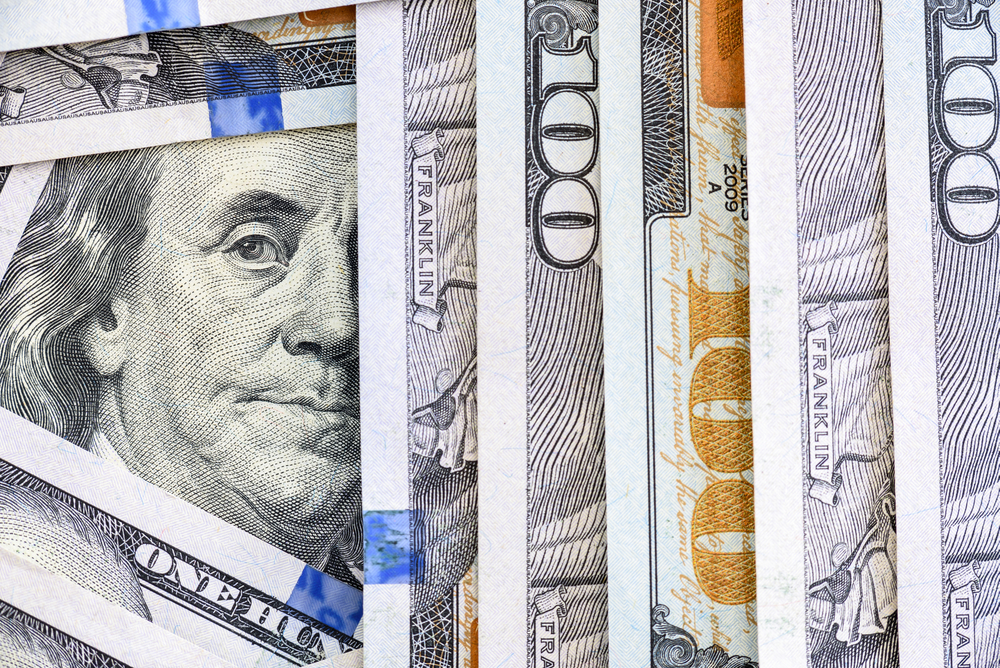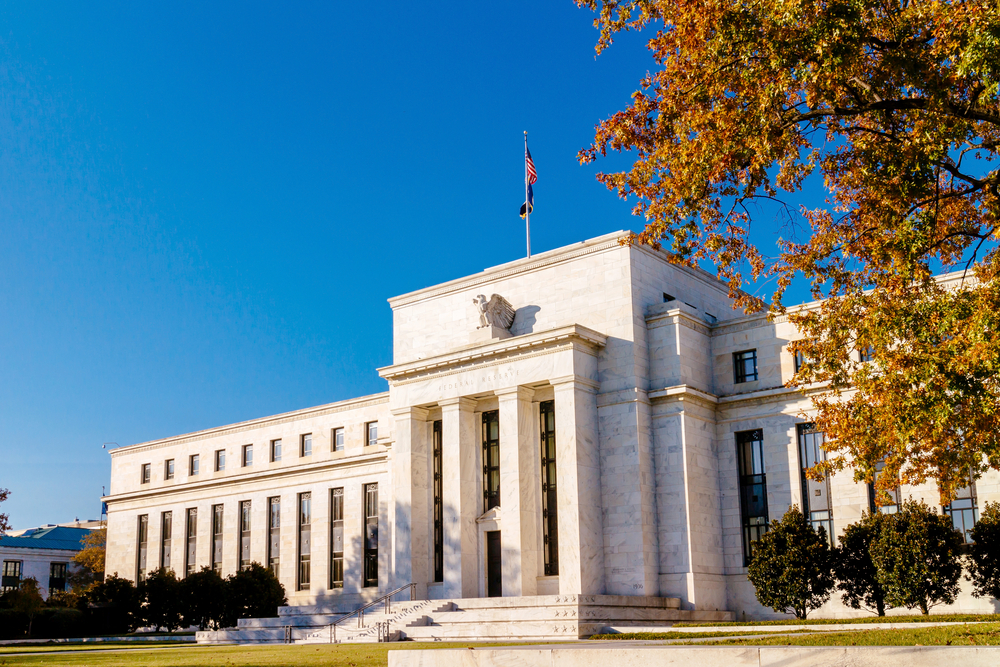FOMC Likely to Delay Discussions on Future of Asset Purchases
As a result of the ultra-loose monetary policy implemented by the Fed to create a buffer against the economic effects of Coronavirus outbreak and strong subsidies from the US Congress raised economic warnings.
In other words, the twin deficits created by strong monetary and fiscal expansion in the United States, which is the world's largest economy; that is, domestic demand, which has gained momentum due to the current account and budget deficit, created upward risks in the outlook for inflation.
In addition to the base effect caused by the falls in short-term prices in line with the harsh quarantine measures and supply chain disruptions taken globally last year, the high course in commodity prices, especially crude oil, in international markets was also effective.
At the moment, Consumer Price Index (CPI) in the United States rose to a 13-year high in June and reached 5.4 percent. And Producer Price Index (PPI) rose to 7.3 percent year-over-year during this period, signaling that the cost transition will continue for some time. Federal Open Market Committee's (FOMC) June meeting did not delay the prospect of signals of a reduction in asset purchases.
- The last meeting: The Federal Reserve’s policymaking group kept its benchmark rate anchored in a range between 0% and 0.25% and Fed is buying at least $80 billion of Treasurys and $40 billion of mortgage-backed securities.
- Fed Chairman Jerome Powell, who faced the press after the meeting, noted that economic activity is far from targets and the rise in inflation is temporary. "We will give notice before announcing the decision to make any changes," he added.
- But in its Economic Projections Report, released by the Committee, it changed its core inflation forecast from 2.4 percent to 3.4 percent for 2021, while two rate hikes are forecasted by 2022.
Above all, the new coronavirus mutation, which originated in India and was named as Delta variant, made expectations complicated. The rise in daily case numbers in May added an additional layer of risk to the global economic outlook, while bringing renewed calls for restrictive measures.
On the macroeconomic side, data released by the U.S. Commerce Department showed durable goods orders rose 0.8 percent in June, below market expectations for a 2.1 percent increase, while the house price index recorded its biggest increase in 30 years. And Organization of Petroleum Exporting Countries (OPEC) decided to increase oil production by 400 thousand barrels per month for each month in August-December period.
Against this background, we believe that the Federal Open Market Committee will not make any changes to current interest rates and asset purchase program in its July meeting decision, which will be announced today at 20:00 (GMT+2) and Chair Powell will also make a cautious communication to ensure the risks in the inflation outlook at the press conference that will take place at 20:30 (GMT+2).





